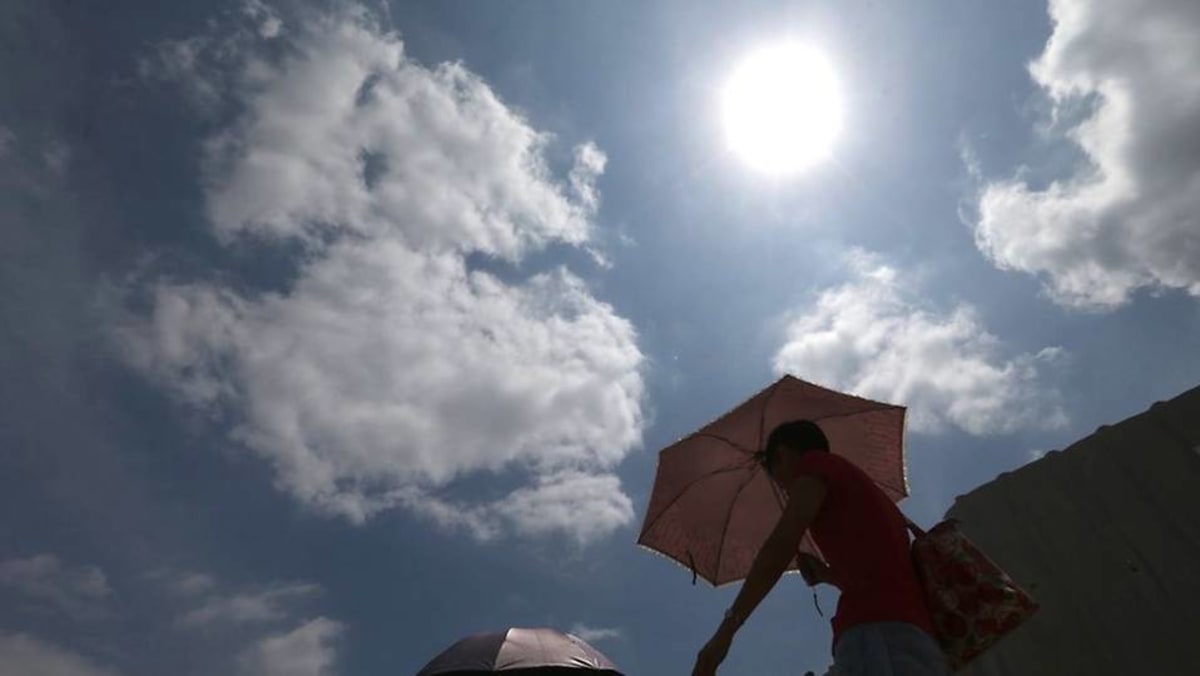
Such a system is estimated to use around half as much energy to cool a space, compared to air-conditioning, explained Mr Lei.
“It’s an important step in mitigating the impact of Singapore’s changing climate,” he said.
The Singapore Green Building Council (SGBC) has also called for the country to change the way it builds, in order to adapt to the warming weather.
The sector is paying heed in several areas, such as using software to look at building orientation and other ways to minimise the impact from solar heat, said the council’s president Lee Ang Seng.
Natural ventilation systems, for instance, could factor in seasonal wind directions, he said.
“Then we look at urban greenery incorporated into buildings, which helps to reduce the indoor and ambient temperatures,” added Mr Lee.

